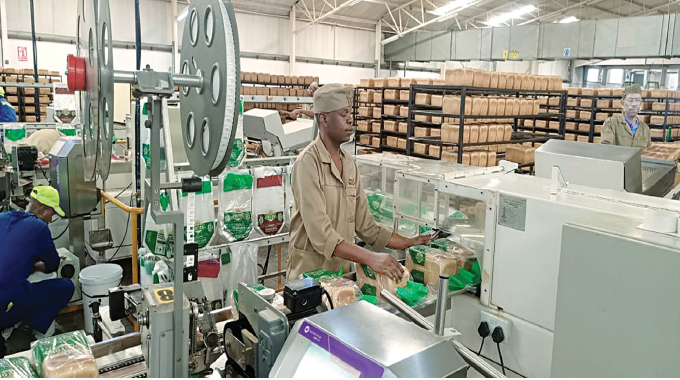South Africa reveals Brexit fears
SOUTH AFRICAN Finance Minister Pravin Gordhan has warned that if Britain pulls out of the EU this week, it will “complicate life” for South Africa. Brexit, which will be decided on Thursday, could have a significant impact on the global economy. Speaking in Durban at the weekend, at a function to commemorate the 70th anniversary of the passive resistance movement, Mr Gordhan said:
“It may not immediately impact negatively, especially on trade, but the uncertainty could have a serious impact on us as a country.” Mr Gordhan was optimistic that the economy could be pulled from the brink of recession if “we do the right thing”.
Some economists were not as optimistic. According to Efficient Group chief economist, Mr Dawie Roodt, a global stock market crash was imminent regardless of whether Britain left the EU or not.
There were “too many signs” that the global economy was in trouble, exacerbated by political tensions and problems in the US economy, and, if it hadn’t been for the “exceptionally accommodative” monetary stance of global central banks, the crash would already have happened, he said.
Interest rates of near zero and the US Federal Reserve’s decision to hold off its tightening of monetary policy had merely delayed a “significant financial correction”, which might be triggered by Brexit, but would not be caused by it, Roodt said.
All of this would be bad news for South Africa, which experienced a contraction of 1.2 percent in the first quarter and was struggling to revive a limping economy.
Economist Dr Iraj Abedian said if Brexit happened and had an adverse impact on the European and global economy, it would have a “disproportionate” negative effect on South Africa.
On its own, the outcome of the referendum on Thursday should be neutral either way, but the concern was the economic impact. “By definition, the two immediately impacted regions are going to be the UK and the EU as a bloc.
“Those two are important trading partners of South Africa, and any adverse effect on their economies is going to negatively affect South Africa,” Dr Abedian said.
Mr Roodt said he believed a “leave” victory would, ironically, strengthen the euro, as well as the dollar, but weaken the pound and smaller currencies, including the rand. The first channel through which the impact could be transmitted to South Africa would be uncertainty resulting from a decision to leave.
“Volatility on the world financial markets will have an impact on our economy as well,” Mr Roodt said. “We can see that already the financial markets and currency are being affected by what’s happening.”
A second channel would be a “risk-off” scenario as investors became anxious about the uncertain consequences of a “leave” vote. This would lead to higher inflation, weaker growth and high interest rates for South Africa.
There was no doubt that Brexit could tip the EU into recession but, Roodt said, “you have to admit the EU is just about always in a recession, this is nothing really new”. Dr Abedian said a “remain” vote could help settle the markets.
“London remains, arguably, the most significant financial centre, to the extent that Brexit could put a massive question mark around its future role. It’s a major uncertainty,” Dr Abedian said.
If this uncertainty was removed it would help bring things back to normal. But, he cautioned, “back to normal means we have enough problems as it is”. Mr Roodt agreed a remain vote might settle the markets, but felt this would be short-lived.
However, poorer than expected GDP growth in South Africa, while it would damage efforts to boost employment, would not automatically result in a ratings downgrade, Dr Abedian said. “The downgrade is a bit more complex than the media wants us to believe,” he said.
“You could have GDP growth going further into contraction, but the political institutional restoration of South Africa’s economic structure goes the other way. “So if we make progress on the SAA debacle and a whole lot of outstanding issues around parastatals, you could have a very interesting counterbalance to the global economy,” Dr Abedian said. – wires










Comments